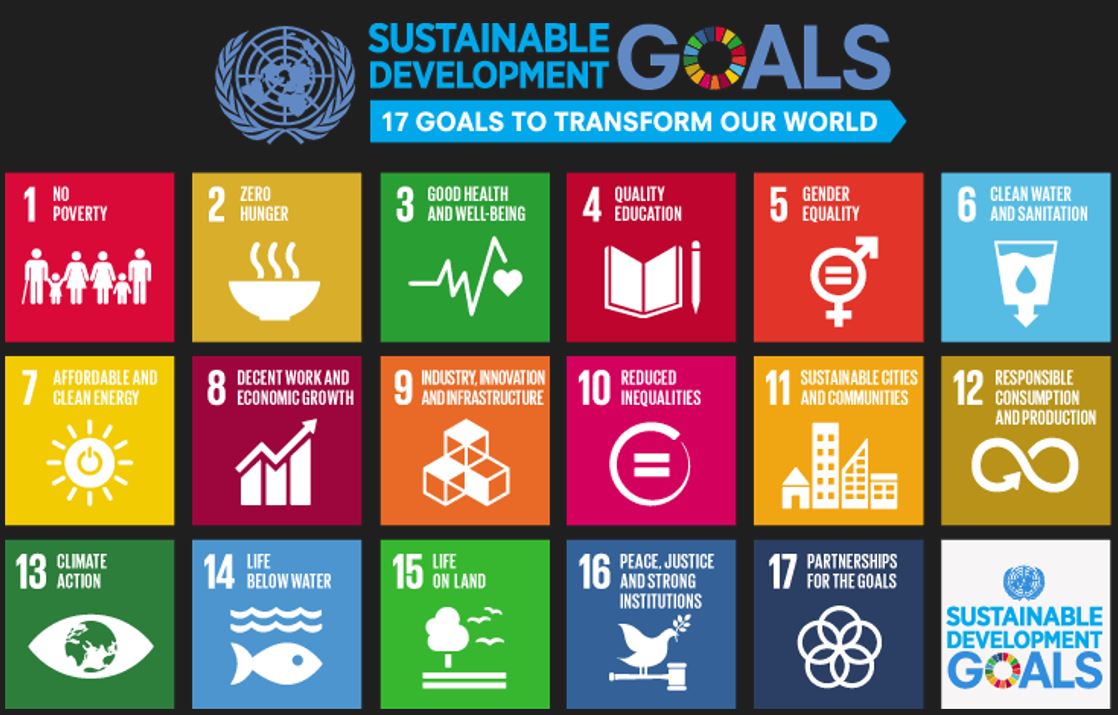Media release
From:
Social sciences: UN Sustainable Development Goals are not driving policy changes
The United Nations Sustainable Development Goals (SDGs) have influenced governments’ narratives around sustainability, but have not led to substantial changes in legislative action and resource allocation decisions, according to a paper published in Nature Sustainability. These findings suggest that the SDGs have had a limited political impact, and that policymakers will need to take much bolder steps to enable transformation.
Plenty of research has explored the breadth of the 17 SDGs, along with the accompanying 169 specific targets, ratified in 2015. However, less is known about whether the SDGs have led to any tangible change — at the global, national and local levels — in policy decisions addressing issues such as poverty eradication, environmental protection and social justice.
Frank Biermann and colleagues analysed over 3,000 studies investigating the political impacts of the SDGs between 2016 and 2021. In order to define a transformative impact on a political system, the authors looked for evidence of three types of political change in response to the SDGs. These were changes in political debates, adjustments in laws, regulations and policies, and the creation of new departments, committees or programmes, or alternatively the realignment of existing institutions. Sustainability debates in countries have changed since 2015, with the SDGs facilitating some mutual learning among governments concerning sustainable development policies. However, overall, the authors point to only isolated evidence of more stringent policies, institutional realignment, funding reallocation, and the establishment of new laws and programmes as a result of the SDGs.
The authors conclude that as the SDGs are not legally binding, policymakers seem to be using them for their own purposes, through either specific interpretation or selective implementation. They go on to state that the framework is proving unable to drive global sustainability policy and the fundamental changes that are needed for its ambitions to be fulfilled.



 Australia; International; VIC
Australia; International; VIC


